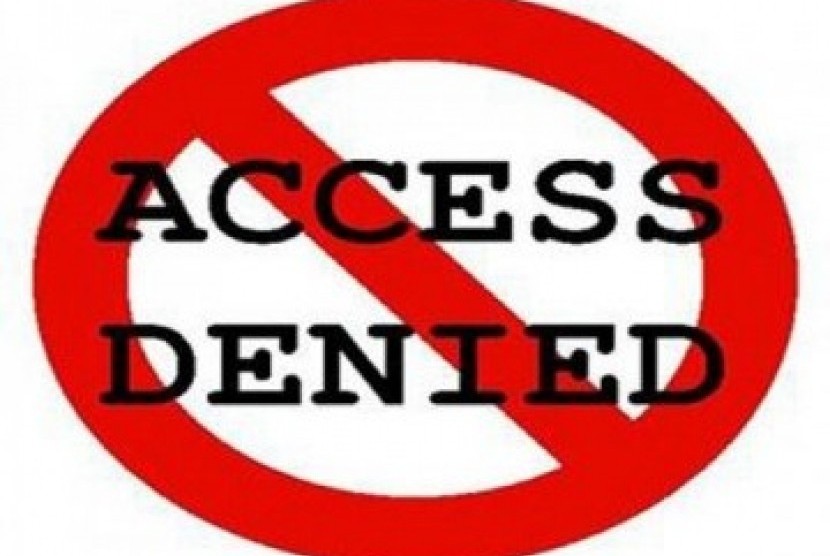REPUBLIKA.CO.ID, JAKARTA -- The Ministry of Communications and Information Technology blocked 11 sites accused to have content of slander, racism and hatred speech to the public. The spokes person, Noor Iza, said it was currently in the process of internal communication related to the blocking. "Currently we're discussing it," he told Republika.co.id, Tuesday.
The sites were allegedly spread negative contents. It violated the Law of Information and Electronic Transactions (UU ITE) Number 19 of 2016 about the amendment of the Law Number 11 of 2011.
Noor was reluctant to explain further about the eleven sites blocked. She said it would be explained for public by the directorate general of application and information.
The sites blocked were voa-islam.com, nahimunkar.com, kiblat.net, bisyarah.com, dakwahtangerang.com, islampos.com, suaranews.com, izzamedia.com, gensyiah.com, muqawamah.com, abuzubair.net, and some others. Currently, some sites have been re-accessible. However, ignorance come from some netizens with #StopBlokirMediaIslam movement.
As a respond to the blocking, the Chairman of the Central Board of Muhammadiyah Youth, Dahnil Anzar Simanjuntak, asked the ministry to give brief explanation about the indicators they used to block the sites. He argued that there was no transparency on the implementation of the policy.
"We do not know what the indicators are, why the sites were blocked, and so on. The ministry should have made the indicators. And then, they explain it to the public. It would reduce prejudices and preconceptions," said Dahnil to Republika.co.id, Tuesday.
He added that there were some prejudices following the implementation of the policy. Dahnil stated that the government started to become repressive. According to him, there were some websites which do not use Islamic nomenclature contained provocation and hatred speech. But, the websites were not been blocked.
“Come to that point, there was a prejudice that the ministry was injustice. The policy was allegedly contained an anti-Islam sentiment.
In order to anticipate the occurrence of any prejudice, the ministry was necessary to describe the indicators, related reasons, basic of the policy, and the supporting data, Dahnil said.


